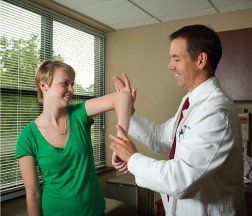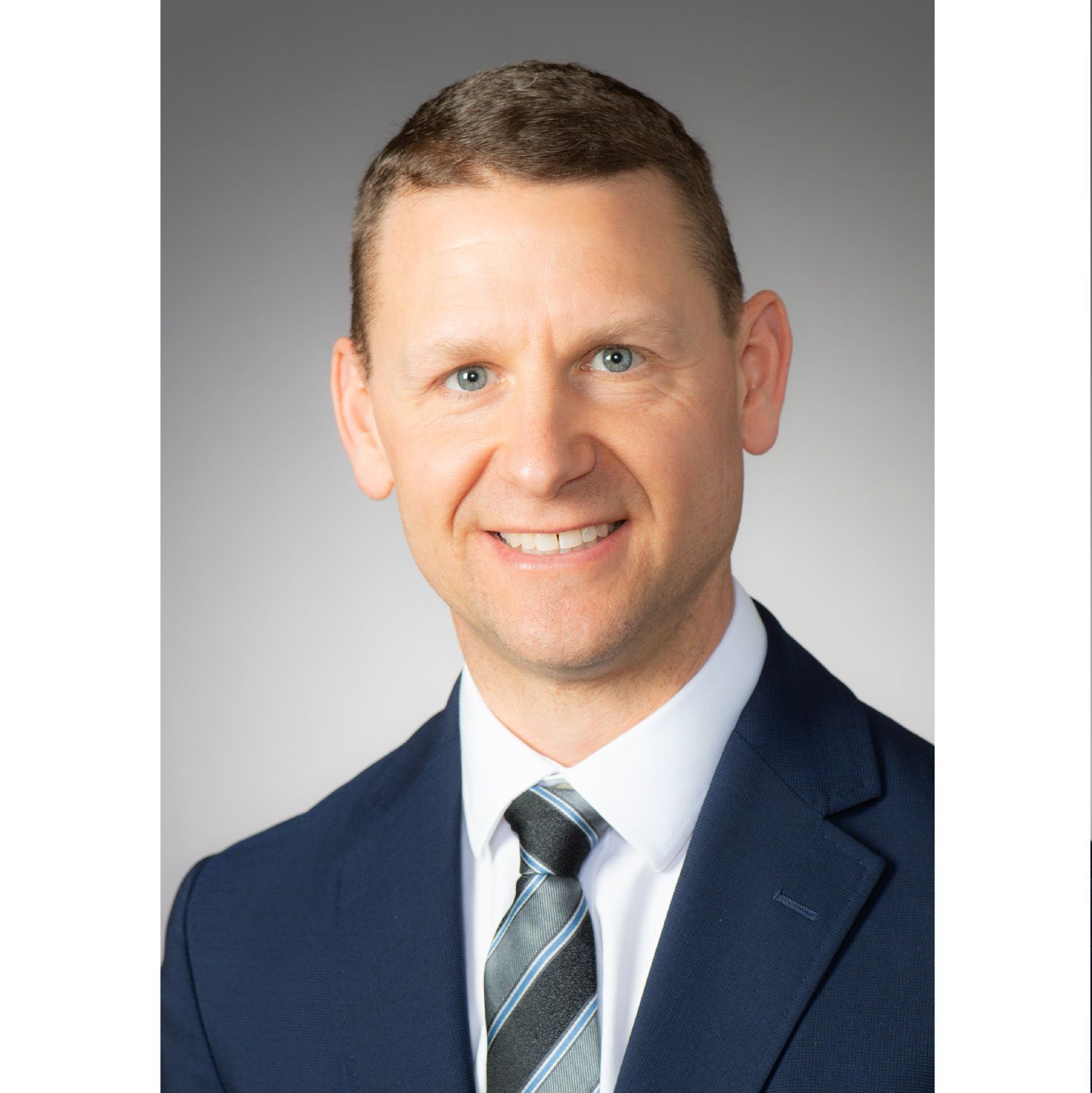Our Clinical Team
A group of advanced practice providers—Jake D'Antonio, PA-C, Natalie Llewellyn, PA-C, and Jason Vasses, PA-C—work with the Sports Medicine & Shoulder Care Team physicians to assist them during surgery and office hours. The advanced practice providers also see patients for pre- and postoperative care and follow-up patient appointments.
Dr. Richmond treats patients in our North Hills and Slippery Rock offices as well as the UPMC Lemieux Sports Complex. He operates at UPMC Passavant Hospital-McCandless and Butler Memorial Hospital.
Dr. Szabo treats patients in our Butler-Clearview and Cranberry/Mars offices as well as the UPMC Lemieux Sports Complex. He operates at Butler Memorial Hospital and UPMC Passavant Hospital-Cranberry in addition to The Surgery Center at Benbrook.
Dr. Waltrip treats patients in our BHS Crossroads Campus and Cranberry/Mars office as well as the UPMC Lemieux Sports Complex. He operates at both Butler Memorial Hospital and UPMC Passavant Hospital-Cranberry.
FAQs
Got a question? We’re here to help.






